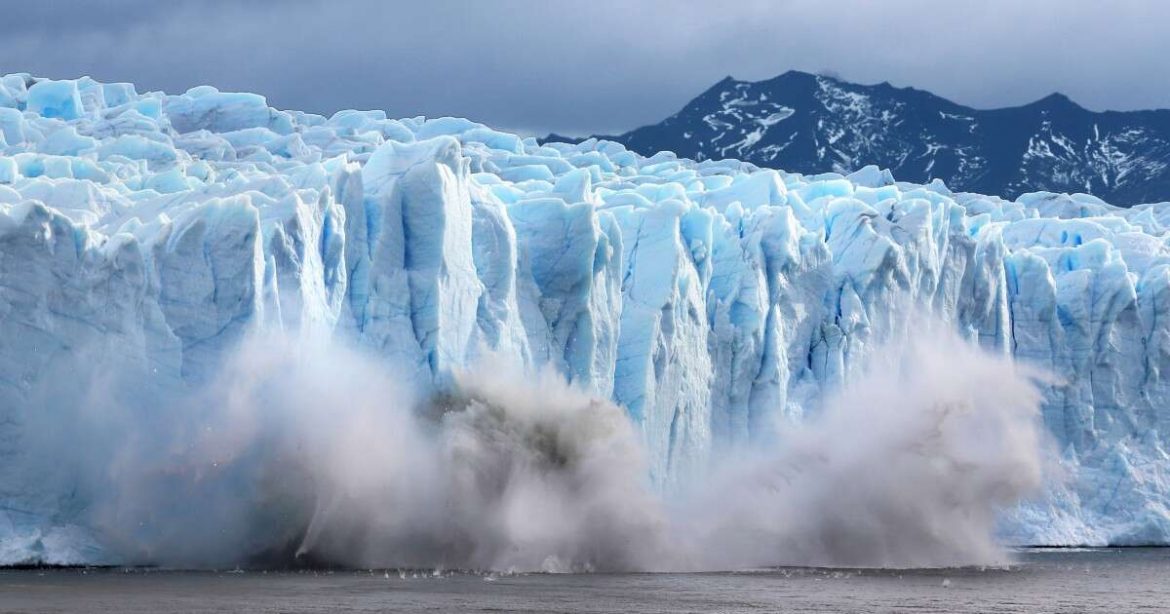A study published in Nature Geoscience has shown that the world’s glaciers contain significantly less ice than previously thought, with advances in satellite technology.
If all glaciers were to melt, the revised estimate reduces global sea-level rise by 3 inches (7.62 centimetres). But this raises concern for some communities that rely on seasonal melt from glaciers to feed rivers and irrigate crops. If glaciers contain less ice, water will run out sooner than expected.
Findings from the study showed that while some ice naturally melts throughout the year, rising temperatures due to climate change are speeding up glacier retreat, adding that between 2000 and 2019, these rivers of ice lost roughly 5.4 trillion tonnes.
“Countries are already struggling with disappearing glaciers, “the study showed. “Peru is investing in desalination to make up for declining freshwater and Chile hopes to create artificial glaciers in its mountains”.
Read also: Students in Warwickshire, Coventry to compete for £2,500 in climate change challenge
The lead author of the study, Romain Millan, a glaciologist at Université Grenoble Alpes, said “We’ve had quite a poor understanding of how much ice is actually stored in glaciers,”
Millan explained that Past analyses, for example, double-counted glaciers along the peripheries of the Greenland and Antarctic ice sheets, overestimating ice volume.
The Nature Geoscience study which was published on Monday, January 7, assessed how quickly glaciers were moving across the landscape, or their velocity.
The measurements allow scientists to measure volume more accurately, as the way glaciers flow indicates where ice is thick or thin. But collecting this information has been limited by technology.
Millan further stated that high-resolution satellites deployed in recent years, however, allowed for the first analysis of how 98 per cent of the world’s glaciers are moving, “from small glaciers in the Andes up to massive glaciers in Svalbard and Patagonia,”.
“Our study does not include Greenland and Antarctica which in the long-term will be the major drivers of sea-level rise,” Millan said.
The work also analysed more than 800,000 pairs of images of glaciers taken between 2017 and 2018 and found that many were shallower than previously assessed.
Story was adapted from Aljazeera.
